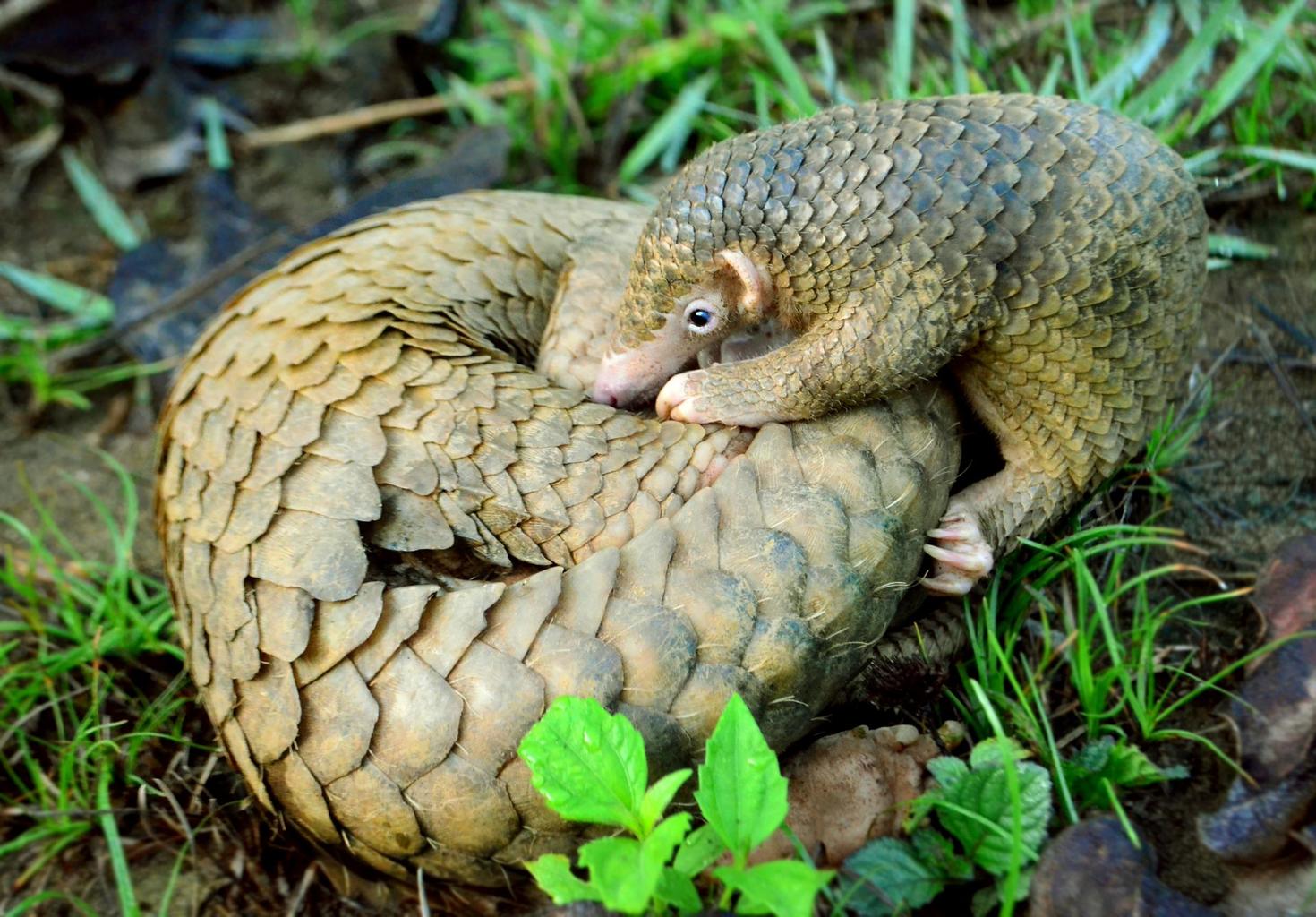The pangolin, infamous for its association with the early days of the COVID-19 pandemic, faces the threat of being the most trafficked non-human mammal globally, primarily driven by demand in China and Vietnam. Traditional medicine practices involving pangolin scales persist despite a lack of scientific evidence for their efficacy. Annual seizures of pangolin scales have been increasing, driven by factors like habitat loss and low-cost poaching methods.
Dorr suggests that creating a social movement to curb pangolin consumption is critical. She introduces the concept of Social Network Analysis (SNA), which studies the influence of social networks on behavior. Combining aspects of Community-Based Social Marketing (CBSM) and SNA, Dorr plans to conduct research on social media platforms to understand factors that can lead to the adoption of pangolin conservation. Social media's ability to reach and connect people quickly is highlighted as a potent tool for spreading conservation efforts.
